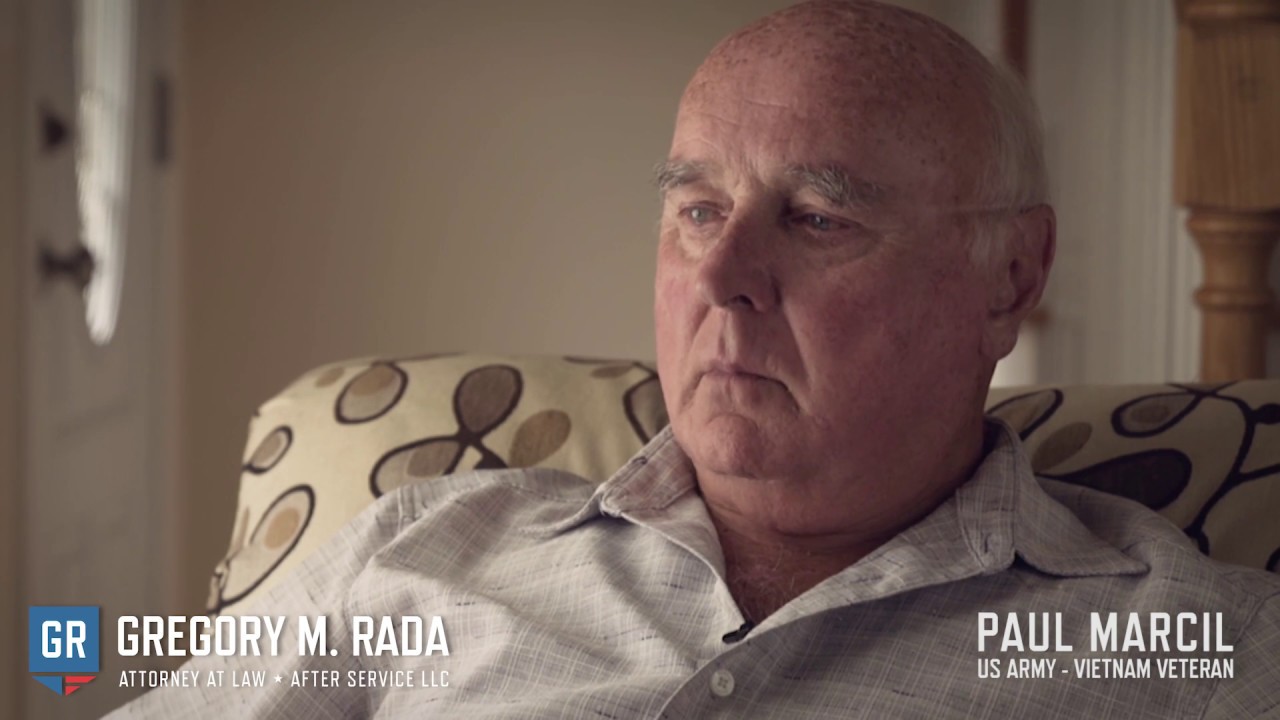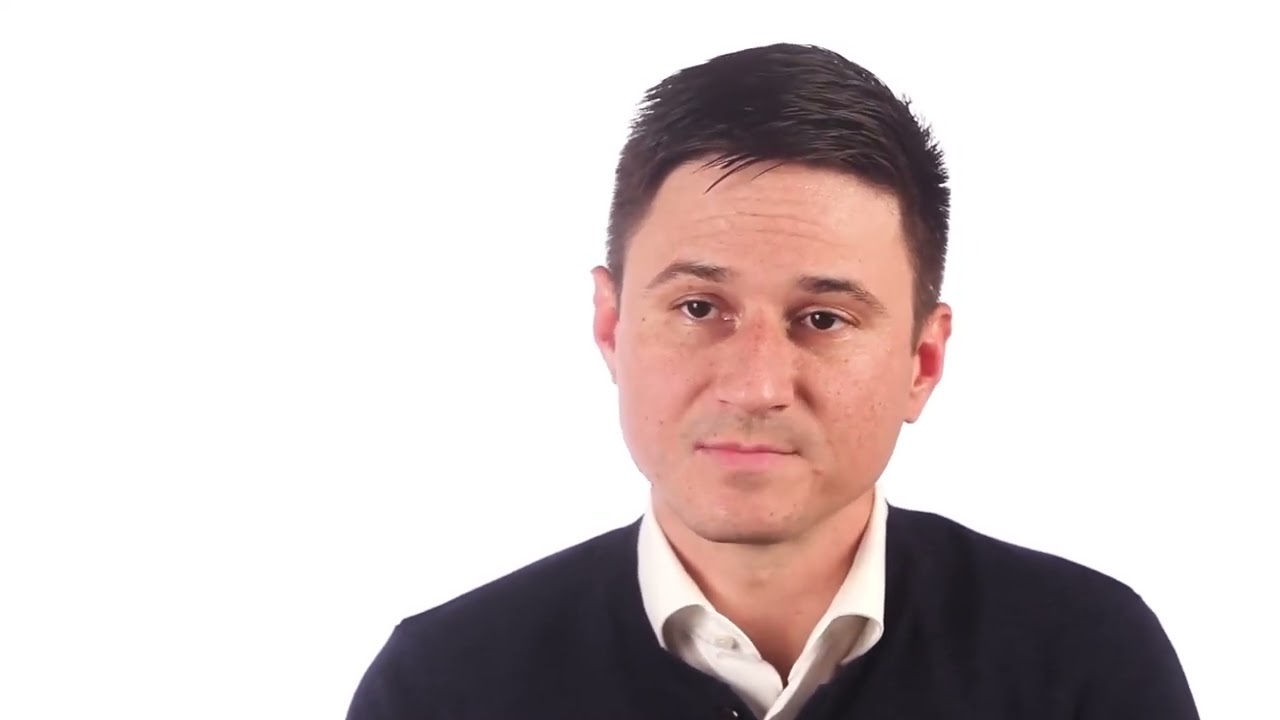
Agent Orange Exposure Attorneys
Agent Orange is a highly toxic herbicide used by the U.S. military during the Vietnam era to defoliate trees and clear perimeters of military installations of enemy hiding places. In 1991, Congress passed the Agent Orange Act giving VA the authority to declare certain medical conditions “presumptive” to exposure to Agent Orange. This means a veteran does not have to prove a disability was actually caused by Agent Orange. Instead, if a veteran has a current disability and evidence of exposure to Agent Orange, the disability is automatically granted service connection.
PRESUMPTIVE CONDITIONS
The list of Agent Orange presumptive conditions has expanded since 1991, and currently includes:
- AL amyloidosis
- Chronic B-cell leukemia
- Chloracne
- Type 2 diabetes
- Hodgkin’s disease
- Ischemic heart disease
- Multiple myeloma
- Non-Hodgkin’s lymphoma
- Parkinson’s disease
- Prostate cancer
- Respiratory cancers (lung, larynx, trachea, bronchus)
- Peripheral neuropathy or porphyria at least 10 percent disabling within one year of exposure
- Soft tissue sarcomas (other than osteosarcoma, chondrosarcoma, Kaposi’s sarcoma, or mesothelioma)
AGENT ORANGE EXPOSURE IN VIETNAM
The VA presumes a veteran was exposed to Agent Orange if he or she either had boots on the ground in Vietnam or service on the inland waterways of Vietnam, all between January 9, 1962 and May, 7 1975. For example, a service member meets the “service in Vietnam” by having a 15-minute layover in Vietnam while en route to another destination. On the other hand, a pilot who flew over Vietnam but never landed would not be afforded the presumption. In the pilot’s case, he would have to show exposure to Agent Orange by other means.
AGENT ORANGE EXPOSURE IN KOREA
It is estimated that over 12,000 American service members were exposed to Agent Orange while serving in Korea during the Vietnam era. Veterans who served in Korea during the Vietnam era are considered exposed to Agent Orange if they served between April 1, 1968, and August 31, 1971, in a unit, that as determined by the DoD, operated in or near the Korean DMZ in an area in which Agent Orange or other herbicides are known to have been applied during that period.
AGENT EXPOSURE IN THAILAND
VA found significant use of herbicides, including Agent Orange, on the fenced perimeters of military installations in Thailand from February 28, 1961, to May 7, 1975, and now gives special consideration for actual exposure to Agent Orange to veterans whose duties placed them on or near the perimeters of military bases located in Thailand during the Vietnam era.
HOW I CAN HELP
During the 1970s and 1980s, the VA denied tens of thousands of claims for disabilities which are now presumptively service connected. If you were previously denied service connection for a condition which is now a presumptive condition, you may be eligible for backpay back to the date you filed your denied claim.
MY FEE
I work on a contingency fee basis which means you pay no up-front fees for my representation. You only pay my fee if I successfully resolve your appeal. My fee is a reasonable percentage of your backpay award, and does not impact your future benefits.
In addition, I advance all costs of your appeal including the cost of obtaining independent medical examinations (when appropriate). You are only responsible for repayment of expenses upon successful resolution of your appeal, or if you terminate my representation before final conclusion of your appeal.
WHY ME
I handle every aspect of your case from initial intake to resolution, and as a disabled veteran myself, I understand what you are going through. I don’t use support staff, so you are always dealing with me and I pride myself on responding to my clients in a timely manner.
Our Firm’s Military Experience & Education
Each team member at After Service LLC has a personal connection to the military. Two of our attorneys have served in the armed forces, bringing firsthand experience and understanding to the challenges faced by service members and their families. Our lead attorney, Gregory M. Rada, received his A.A.S. degree in Aviation Operations at the Community College of the Air Force. He then earned his bachelor’s degree in information technology while serving in the Air Force. With our collective military background, we are truly a firm of veterans, for veterans.

Types of Agent Orange Exposure Cases We Handle
Our Agent Orange exposure attorney is committed to helping veterans across the nation obtain the benefits they deserve due to exposure to this harmful herbicide. Our firm understands the wide range of health issues linked to Agent Orange exposure. We focus on supporting veterans who face these conditions by handling claims with care and fierce advocacy.
Respiratory Conditions Related To Agent Orange Exposure
One of the most common health problems linked to Agent Orange is respiratory illness. Veterans exposed to this toxic herbicide may suffer from chronic bronchitis, emphysema, or other chronic obstructive pulmonary diseases (COPD). These conditions can severely affect breathing and quality of life. We help veterans prove the connection between their respiratory issues and toxic chemicals, so that they receive appropriate VA disability benefits for conditions caused by Agent Orange exposure.
Cancers Associated With Agent Orange
Several types of cancers have been scientifically linked to exposure to Agent Orange. These include soft tissue sarcoma, non-Hodgkin’s lymphoma, and chronic lymphocytic leukemia (CLL). Veterans diagnosed with these cancers often face challenges when filing claims, as evidence must show their condition is service-connected. Our legal team understands the nuances involved and works diligently to gather the necessary medical documentation and expert testimony to support these claims.
Skin Disorders And Chloracne
Chloracne, a severe skin condition resembling acne, is directly connected to exposure to dioxins found in Agent Orange. This condition can cause persistent and painful skin lesions that impact daily life. We assist veterans diagnosed with chloracne or other skin disorders in establishing their eligibility for VA disability compensation, helping them overcome common obstacles in the claims process.
Neurological And Cognitive Disorders
Research indicates that exposure to Agent Orange may contribute to neurological problems such as Parkinson’s disease and certain cognitive impairments. Veterans experiencing tremors, memory loss, or other neurological symptoms linked to Agent Orange have the right to file claims for disability benefits. Our team supports these cases by working with medical specialists to document the connection and advocate on behalf of our clients.
Diabetes Mellitus Type 2
Type 2 diabetes has been recognized by the VA as related to Agent Orange exposure. Veterans suffering from this condition may qualify for service-connected disability benefits. We assist veterans by preparing thorough claims that demonstrate the link between their diabetes and exposure during service, helping to secure the benefits they need for treatment and care.
Ischemic Heart Disease
Ischemic heart disease, including heart attacks and related cardiovascular issues, has also been associated with Agent Orange. Veterans dealing with heart problems potentially linked to their service deserve access to VA benefits. We help build strong cases that connect their medical condition to contact with Agent Orange, aiming to maximize their compensation.
Trusted Help For Agent Orange Exposure Claims
If you are a veteran suffering from conditions related to Agent Orange exposure, you don’t have to face the VA claims process alone. As a dedicated VA disability lawyer, Gregory M. Rada, Attorney at Law offers proven results with direct communication throughout your case. We serve veterans nationwide and operate on a contingency basis—meaning no fees unless you win. Our experienced legal team understands the unique challenges involved with Agent Orange disability claims and is ready to help you get the benefits you deserve. Contact us today to schedule a free case review and take the first step toward securing your rightful compensation.
Office
1580 N Logan St, Ste 660, PMB 4545
Denver, CO 80203
Representing Veterans Nationwide









